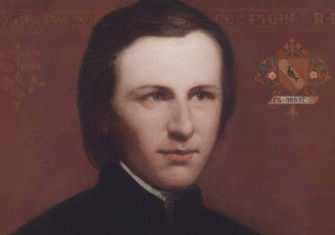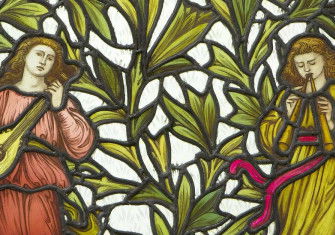The Golden Age of Medieval Nostalgia
The 14th century was a period of great upheaval. People yearned for the good old days, when everyone knew their place, prices were lower and kings were better.

‘In my day, the kingdom was as good and as full as an egg.’ So the late-14th-century knight Philippe de Mézières expressed his longing for the old days: ‘Things have changed a lot I feel’, he mourned, plaintively. It is an odd image, but a very recognisable sentiment; nostalgia is a way of responding to change and perceived decline, which resonates across the centuries. It is an emotion with a universal quality, but it is also one which peaks in periods of extreme instability. Profound change seems often to bring a wave of nostalgia, and so it was in the 14th century.







